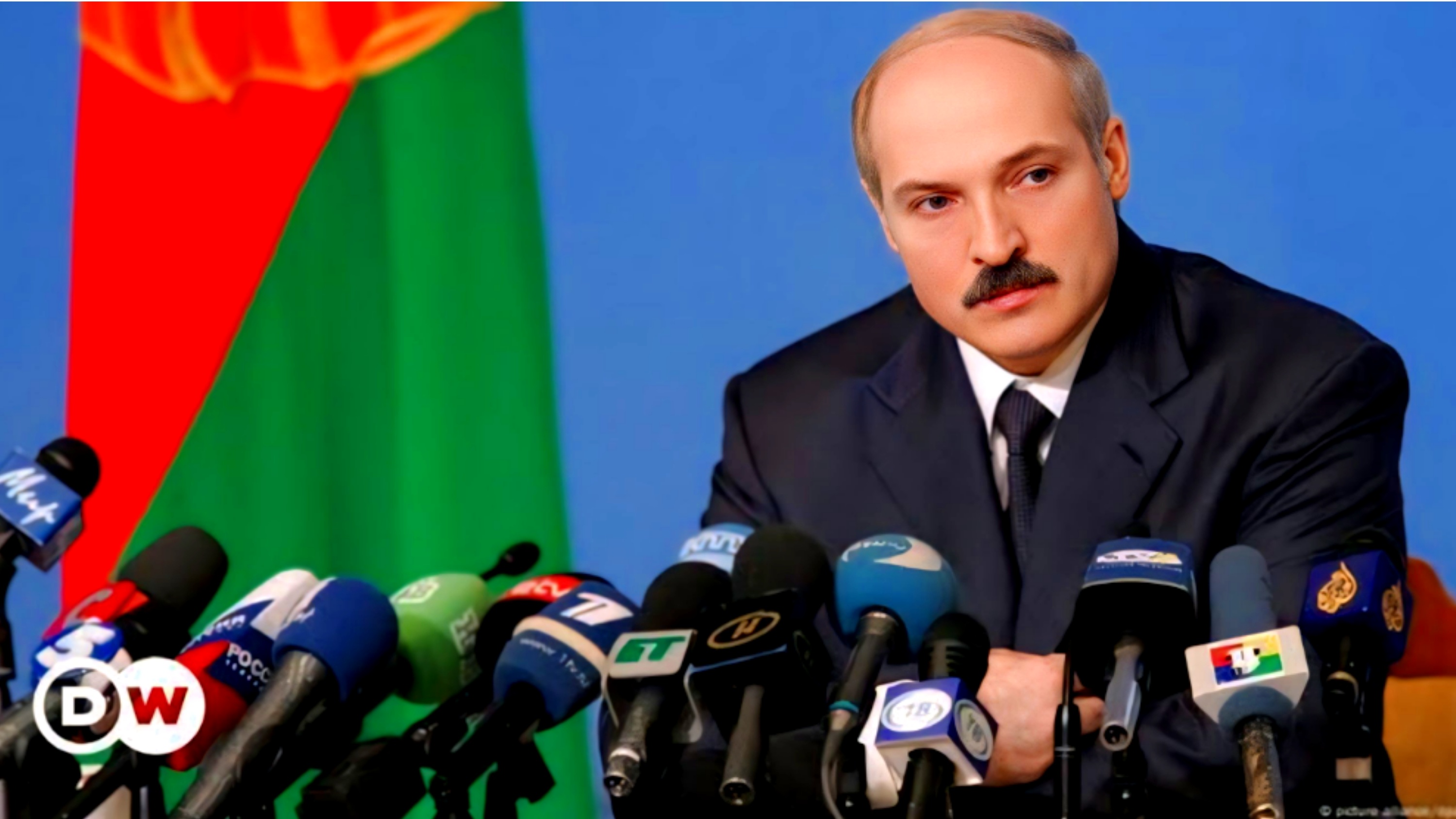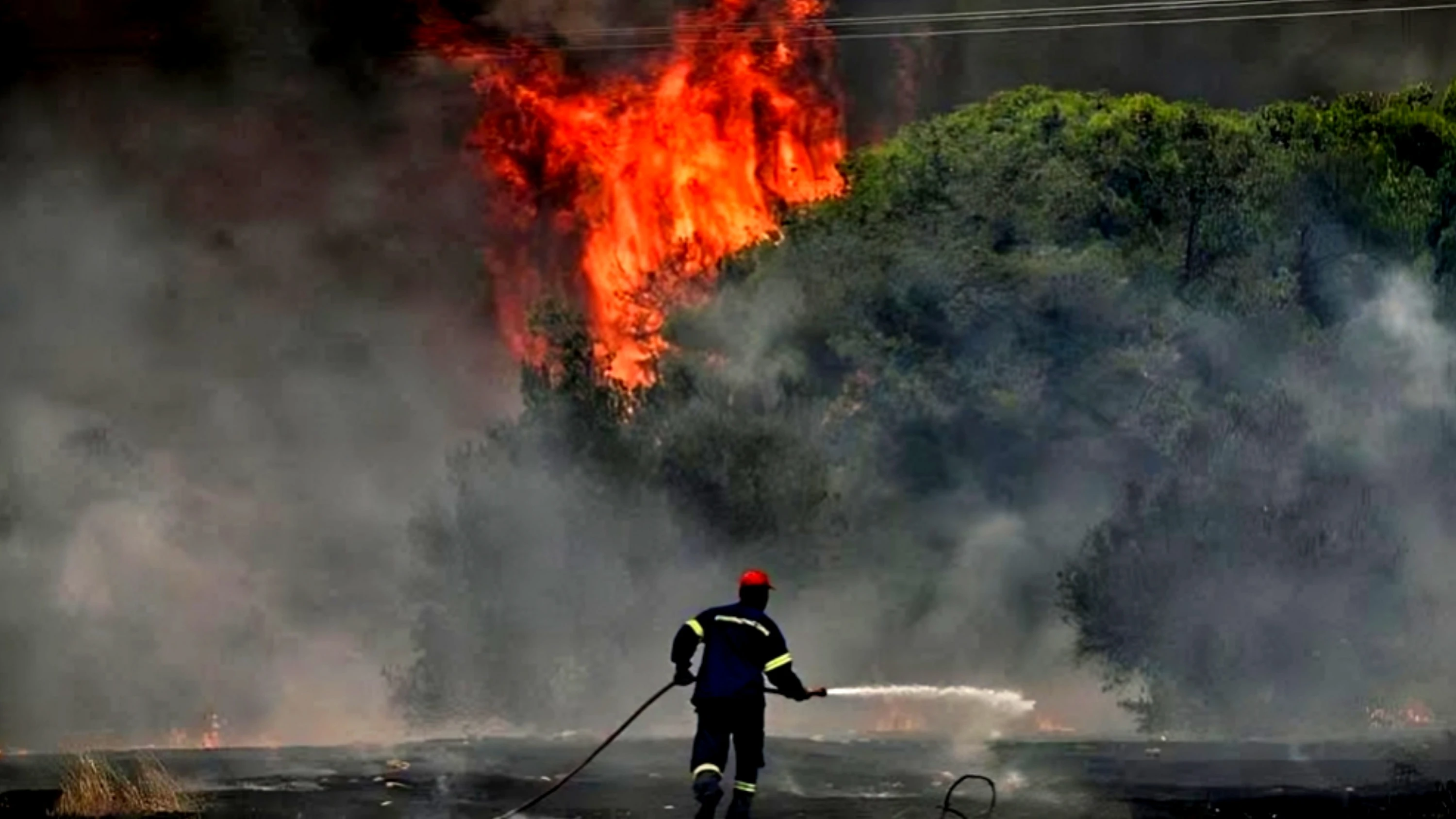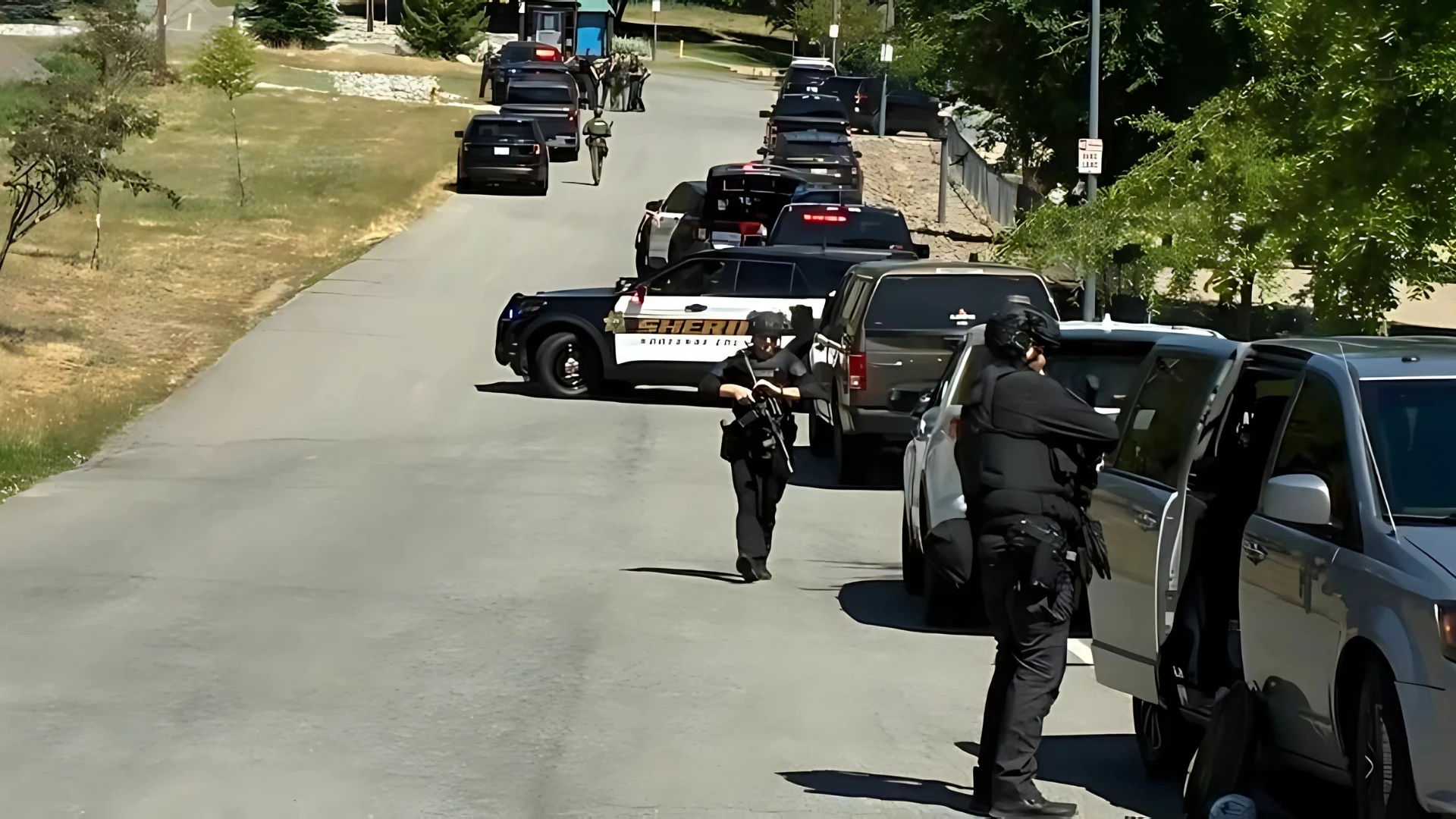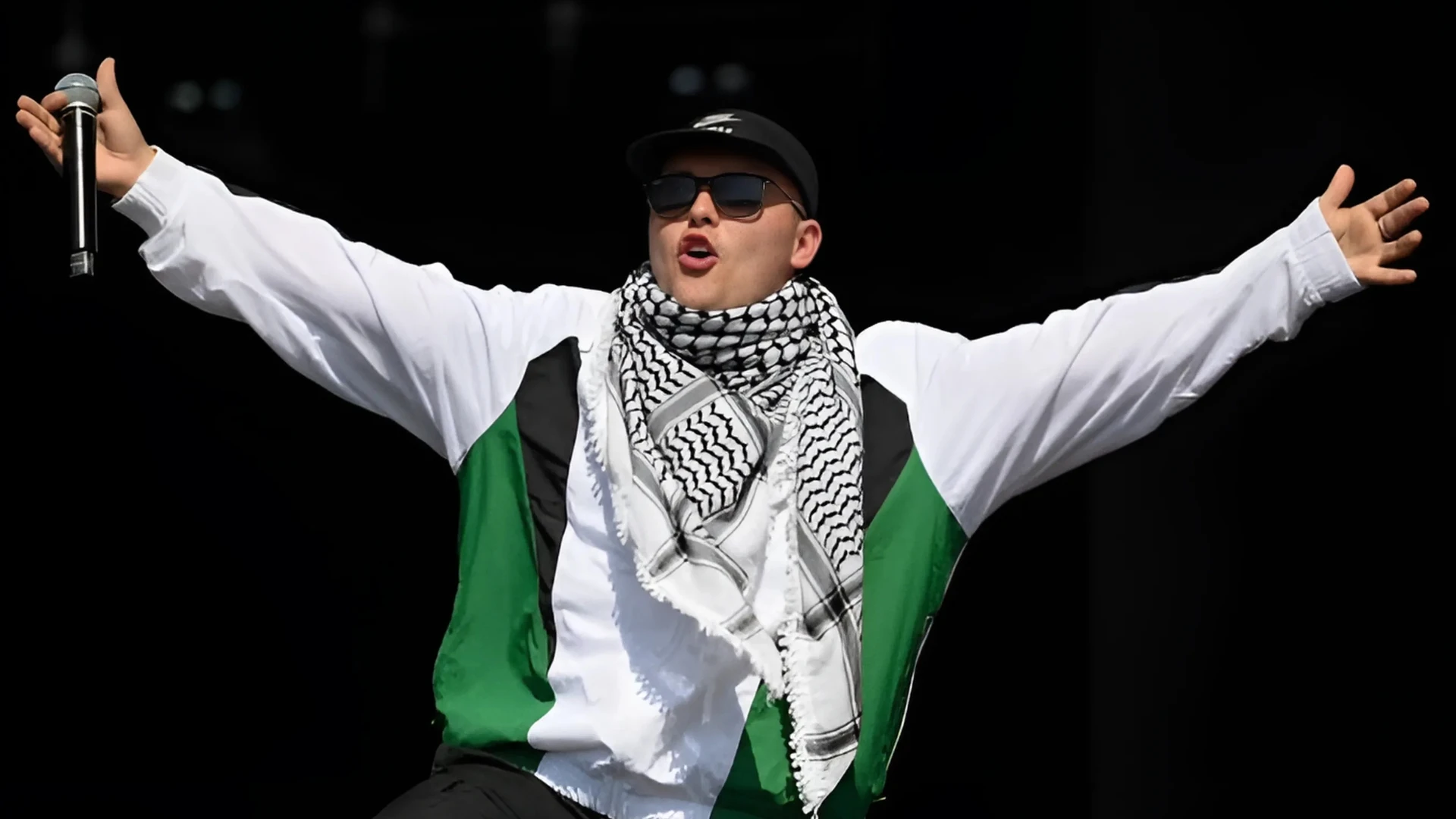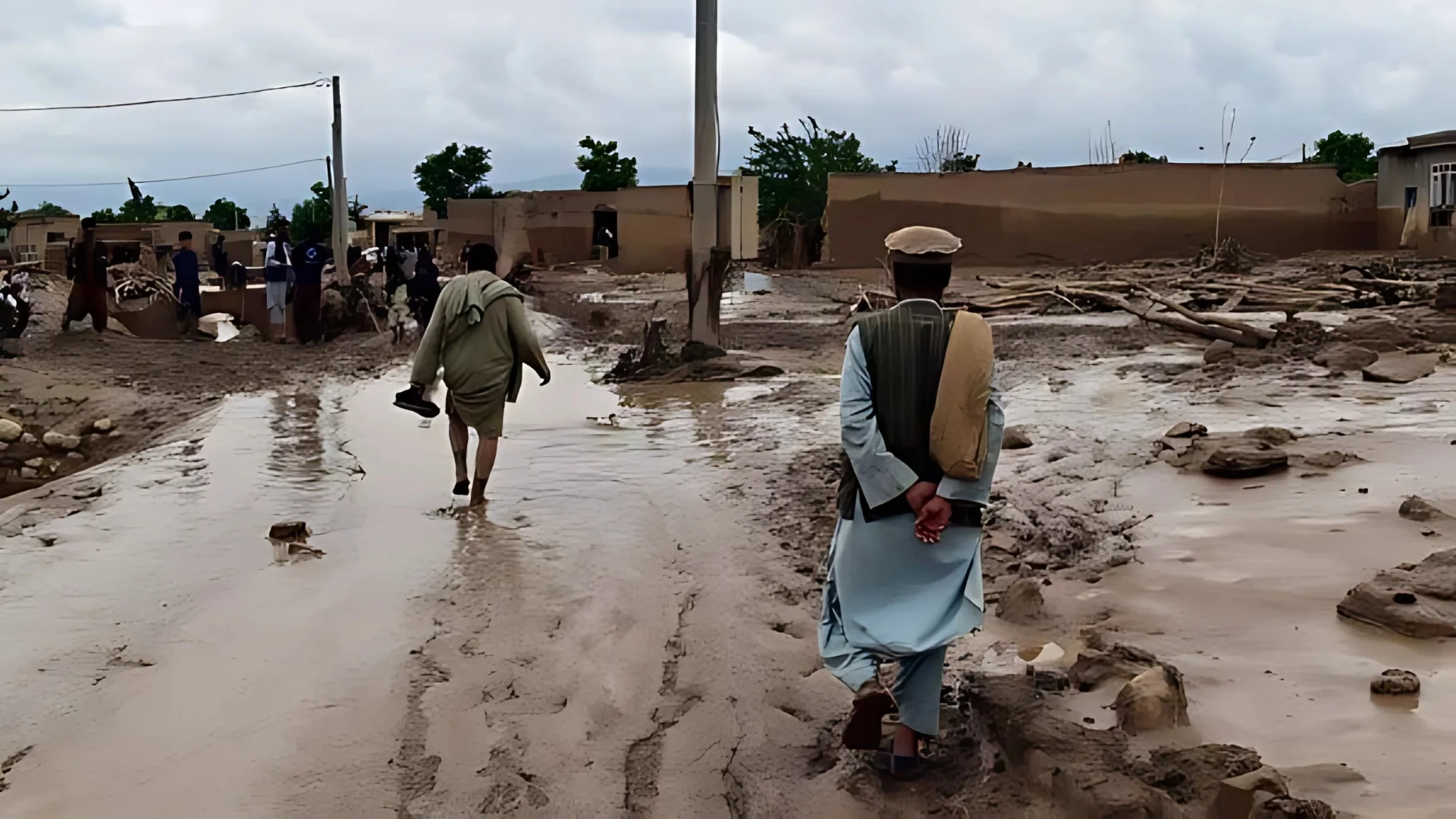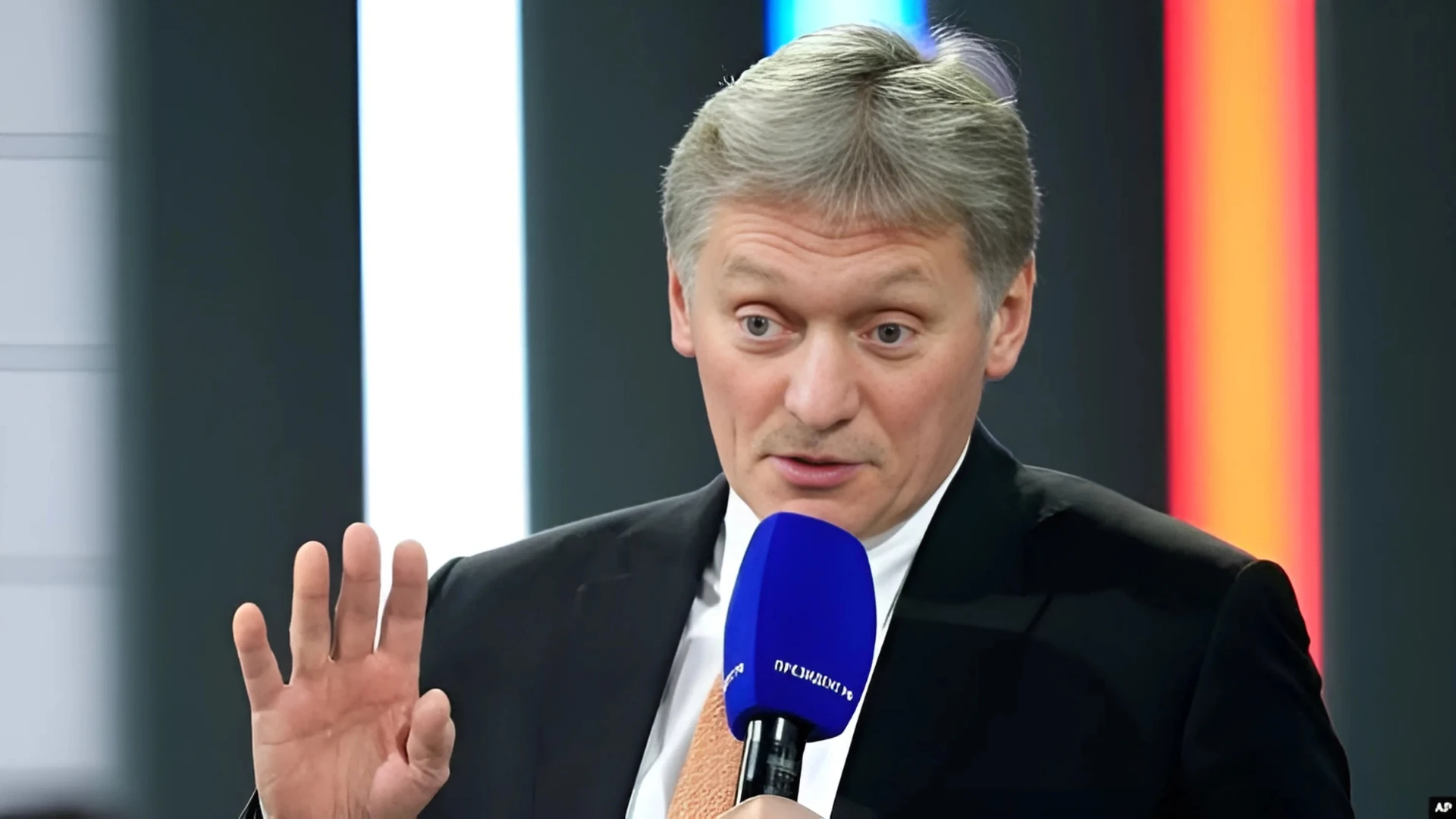Brussels: The European Union has announced plans for additional sanctions on Belarus after President Alexander Lukashenko appeared poised to secure his seventh consecutive term in office since 1994.
In a joint statement, EU foreign policy chief Kaja Kallas and enlargement commissioner Marta Kos criticized the election, describing it as neither free nor fair. They cited the suppression of human rights, limitations on political participation, and restricted access to independent media as reasons for the election's lack of legitimacy.
The EU also called for the release of political prisoners, including an employee of its delegation in Minsk. The statement noted that Belarus's late invitation to the Organization for Security and Cooperation in Europe (OSCE) to observe the elections had hampered proper monitoring of the process.
Kallas and Kos emphasized that Belarus's role in supporting Russia's war in Ukraine and its hybrid attacks on neighboring countries were additional factors driving the EU's decision to impose further targeted measures. However, they did not provide details on what the new sanctions would entail or when they would be implemented.
The election results, which reportedly gave Lukashenko nearly 88% of the vote, were widely criticized in Europe.
German Foreign Minister Annalena Baerbock called it "a bitter day for all those who long for freedom and democracy," while Polish Foreign Minister Radoslaw Sikorski mocked the result, questioning whether the remaining dissenters would end up in prison.
This election follows a similar pattern to Lukashenko's controversial 2020 victory, which Western countries also rejected as fraudulent. That result triggered mass protests across Belarus, leading to a severe crackdown with tens of thousands of arrests and the displacement of half a million people.
Rights groups estimate there are still 1,200 political prisoners in Belarus, despite Lukashenko's recent release of around 250 detainees. Media watchdog Reporters Without Borders has accused Lukashenko of targeting free speech, citing the arrests of 397 journalists since 2020, with 43 currently behind bars.
At a lengthy press conference after casting his vote in Minsk, Lukashenko denied allegations of political repression, claiming those detained had violated Belarusian law. He also predicted a possible resolution to the war in Ukraine by 2025, though he suggested this might not signify a complete end to the conflict.
"We are Slavs, and when we start to conflict, it lasts a long time," he said, while expressing optimism about "light at the end of the tunnel" in the near future.
Lukashenko, a close ally of Russian President Vladimir Putin, has allowed Belarus to be used as a staging ground for Russia's invasion of Ukraine. Despite growing international isolation, he dismissed Western criticism and sanctions.
"I don't care about the West," he stated defiantly.


